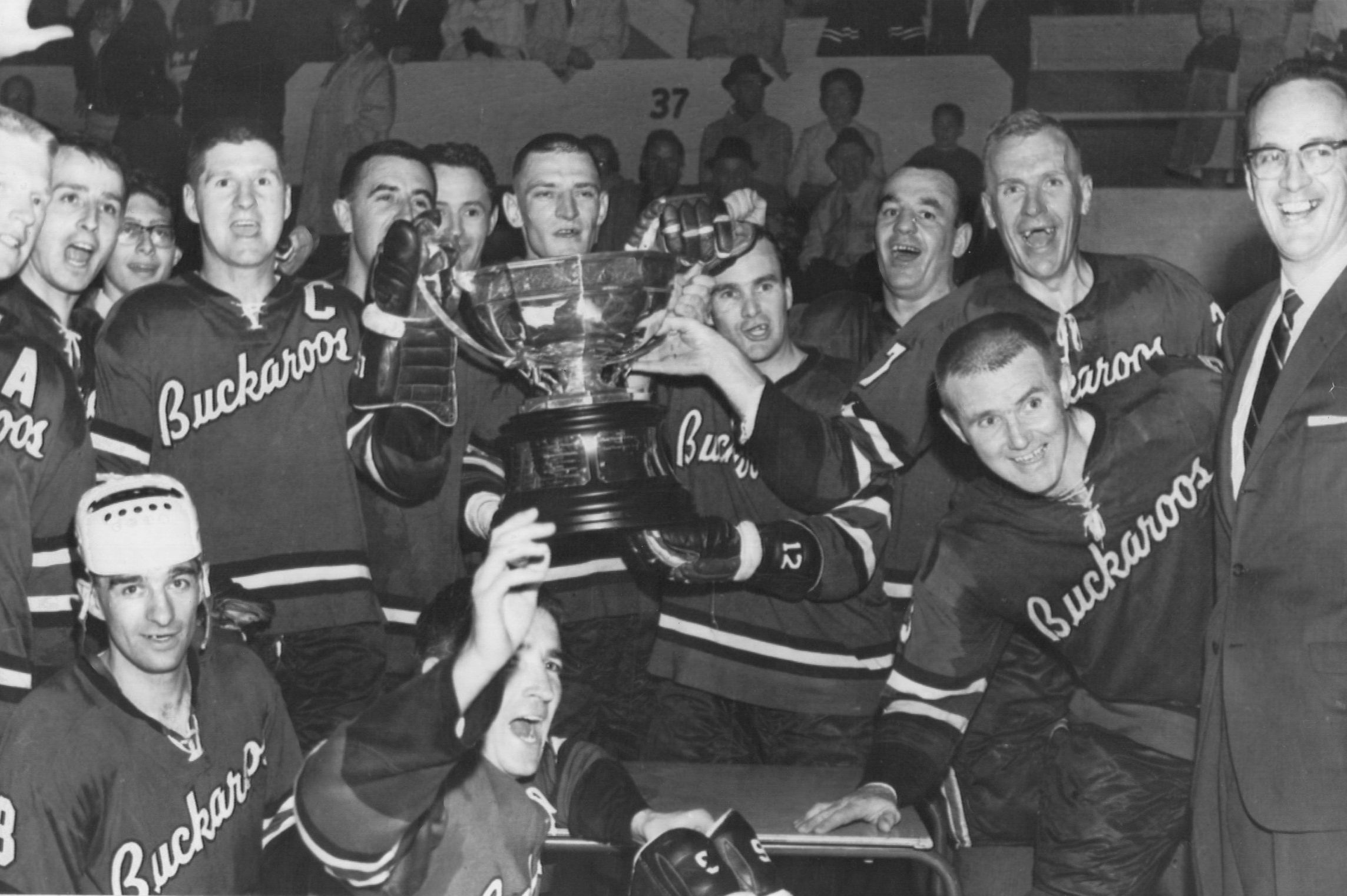Match Preview: Timbers @ Vancouver Whitecaps

Image: Flickr User Szapucki
Following a sub-par performance against Seattle—and ultimately, a 4-2 loss—Portland now must travel north to the “other” Cascadia rival, Vancouver. With the Cascadia Cup now mathematically out of reach, this match is worth a lot more than simple bragging rights: the Whitecaps are holders of the final playoff spot, a mere two points ahead of the Timbers. And they have a game-in-hand. With just nine matches left, all but one (@ Toronto 9/27) are within the Western Conference, and thus have direct playoff implications.
Despite a season of struggle, strife, and inconsistency, the playoffs are by no means out of reach.
Paying back Vancouver for their 4-3 win in Portland earlier this year would be a fantastic way to rebound, but a victory will require significant defensive improvement. The Timbers’ weakness at the back has not shown more than in Cascadia matches, so much so that it deserves it’s own emboldened paragraph.
In just four Cascadia ties, Portland has conceded 14 goals, an average of 3.5 per. Add the Open Cup loss in Tukwila, and it’s 17 in five (3.4/gm) , with Portland being out-scored 9-14 (10-17). That’s shocking.
So how does Caleb Porter deal with Vancouver’s multi-faceted attack? It has to start with the...midfield! Yes, Portland’s back line was torched—on paper—but the reality was that three of the four goals conceded were on the counter-attack. The finger can be pointed directly at the men charged with keeping an offensive movement afloat, while not exposing a prone back line.
Portland’s high line, which has at times looked brilliant, is especially vulnerable on quick giveaways, and if last week was any lesson, Vancouver’s dynamic midfield will pose the bulk of the threat.
On June 1st, the Timbers suffered their first home loss of the season (that 4-3 debacle) at the hands of these Vancouver Whitecaps. The prime culprit that day was a midfielder, Pedro Morales, who scored twice and forever endeared himself to the TA with a series of classless gestures. He has scored just twice in the subsequent 12 games. Consequently, Vancouver have won just twice in that span, though they have only lost twice.
The bulk of the scoring slack during Morales’s drought has been picked up by Jamaican international Darren Mattocks who has potted four times in his last eight. His teammates have combined to score all of three additional goals during that stretch.
Goal scoring, on the other hand, has not been the Timbers’ problem this year. Portland’s 41 goals scored puts them firmly in the top 4 in MLS, but while first place (in the East) D.C. United has scored one fewer goal (40), they have conceded 13 fewer in the same number of games played. That difference is reflected in the standings, where United sit second overall in the Supporters Shield standings, while Portland sit eleventh.
Fortunately for Portland, Fanendo Adi has regained his scoring touch. A nifty back heel in Guyana, followed by two (albeit consolation) goals last week gives the big Nigerian three goals in his last two appearances. Overall, Portland have scored eleven times in their last six matches, a hair over their season average of 1.6 goals/gm. And despite the poor derby performance, the Men in Green have won three of those six matches, and have lost just twice.
The best revenge is living well. Since Vancouver won in the Rose City, Portland have actually accumulated two more points (15 to 13), and a victory north of the border would be a hammer blow to the Caps’ confidence, and boost for Portland’s.
Onward, Rose City.




